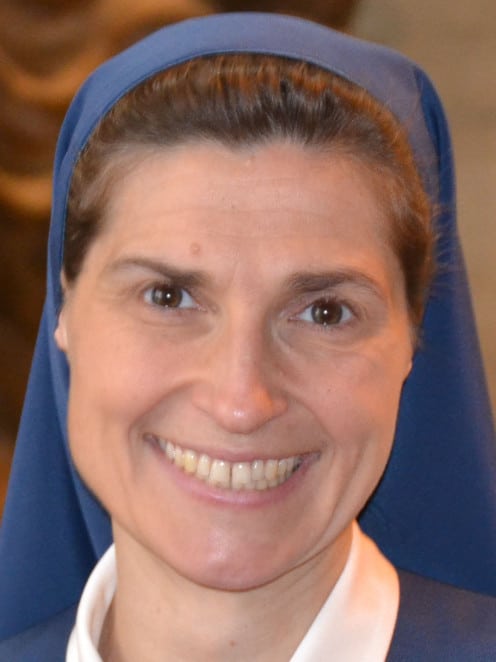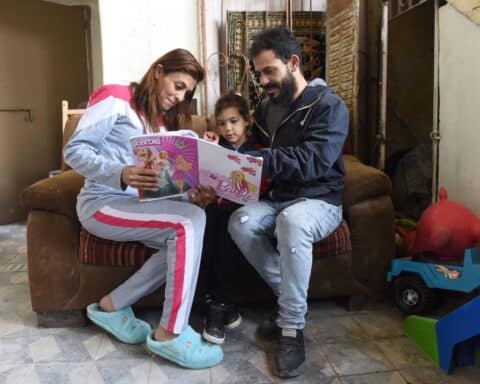
As a media literacy educator, I try to offer parents helpful tools from a theological, educational and spiritual perspective to guide their children to live well with their media. It takes practice and work to parent not only children but the media as well. It requires an assessment of one’s own media use. Parents can be an example for their kids in using these amazing technological tools in a healthy and balanced way. That takes personal discernment for the adults to be able to guide their children to live virtuously with their media. It all starts with what we value.
If we value family, how can we give more time and attention to each member of the family? If honesty is a value, how can we hold each other accountable to be honest about our media use? Secrecy always leads to problematic behavior. Communication is a coveted value in relationships; how can we grow in respectful face-to-face communication as a family? What values does Jesus teach us in the Gospels? How are forgiveness, love and service expressed in our family and through our media experience?
Recognizing our values is key to understanding how to live well with our media. These are the basis for making a “digital family plan.” We need to express what we value so we can hold each other accountable to those values.
Here are some helpful questions to get started on a digital family plan:
-
- What example do I give of digital media use?
- Do I use my phone while at dinner with the family, even if for work?
- How do I spend time with my children?
- Do I find myself always on social media?
- Do we watch TV or movies together as a family and talk about what we experienced?
- Are our media technologies all in a central and visible area of the house?
- How do I talk to my children about their media use and the issues they may face with their media?
- How do I address the issue of pornography and why it’s problematic?
- Do I set certain rules about age-appropriate media use?
- What consequences are there if they do not follow your media rules?
Talking together as a family about these questions is crucial. It offers young people the freedom to share about the pressures of a digital culture. Once you discuss these questions and articulate your values, you can then create a plan and a family media pledge.
What is one thing you will do as a family to grow in media mindfulness? Write this out as a pledge and have each member of the family sign it. Pray an Our Father together. Post it on the refrigerator door as a reminder of your digital family plan.” The more we communicate about our media experience, the more we develop tools of discernment that last a lifetime.
Sister Nancy Usselmann, FSP, is director of the Pauline Center for Media Studies in Los Angeles. She is a media literacy educator, writer, film reviewer, speaker and author of a theology of popular culture, “A Sacred Look: Becoming Cultural Mystics.”





